When it comes to brewing the perfect cup of coffee with a percolator, the choice of coffee beans is crucial. The right beans can elevate your coffee experience, giving you rich flavors and a delightful aroma. Let’s dive into everything you need to know about choosing the best coffee beans for your percolator.
What is a Percolator?
History and Evolution
The coffee percolator, a time-honored brewing device, has been around since the early 19th century. Originally designed to make coffee on the stovetop, percolators have evolved over the years, with electric versions becoming popular in the mid-20th century.
How a Percolator Works
A percolator brews coffee by cycling boiling water through coffee grounds. The water heats up, moves up a central tube, and then percolates down through the grounds. This process repeats until the coffee reaches the desired strength.
Why Coffee Beans Matter
Impact on Flavor and Aroma
The choice of coffee beans significantly impacts the flavor and aroma of your coffee. Percolators tend to extract more oils and compounds from the coffee grounds, resulting in a robust and full-bodied cup. Therefore, selecting high-quality beans is essential.
Differences Between Percolator and Other Brewing Methods
Unlike drip or pour-over methods, percolators continuously cycle water through the coffee grounds. This can lead to over-extraction if not monitored carefully, making bean selection even more important to avoid bitterness.
Types of Coffee Beans
Arabica vs. Robusta
- Arabica: Known for its smooth, complex flavors and higher acidity, Arabica beans are a popular choice for percolator coffee.
- Robusta: These beans have a stronger, more bitter flavor and higher caffeine content. They are less commonly used but can add depth when blended with Arabica.
Single-Origin vs. Blends
- Single-Origin: Beans sourced from a single region, offering unique flavor profiles specific to that area.
- Blends: A mix of beans from different regions, crafted to achieve a balanced flavor.
Best Coffee Beans for Percolator
Criteria for Selection
When selecting coffee beans for a percolator, consider the following:
- Flavor Profile: Look for beans that offer rich, full-bodied flavors.
- Roast Level: Choose a roast level that complements your taste preference.
- Freshness: Opt for freshly roasted beans to ensure maximum flavor.
Top Recommended Coffee Beans
- Lavazza Super Crema: A blend of Arabica and Robusta, offering a creamy texture and rich flavor.
- Death Wish Coffee: Known for its high caffeine content and bold taste.
- Peet’s Coffee Major Dickason’s Blend: A dark roast blend with complex flavors.
Light Roast Coffee Beans
Characteristics and Flavor Profile
Light roast beans are roasted for a shorter time, preserving more of the original flavors and acidity of the coffee. They often have bright, fruity, and floral notes.
Best Light Roast Beans for Percolators
- Verve Coffee Roasters Seabright Blend: Offers a smooth, citrusy flavor.
- Blue Bottle Coffee Single Origin Ethiopia: Known for its bright, fruity notes.
Medium Roast Coffee Beans
Characteristics and Flavor Profile
Medium roast beans strike a balance between acidity and body. They have a more pronounced flavor than light roasts but are not as intense as dark roasts.
Best Medium Roast Beans for Percolators
- Counter Culture Coffee Big Trouble: A well-balanced blend with caramel and nutty flavors.
- Stumptown Coffee Roasters Hair Bender: Known for its rich, complex flavor profile.
Dark Roast Coffee Beans
Characteristics and Flavor Profile
Dark roast beans are roasted the longest, resulting in a bold, rich flavor with low acidity. They often have smoky, chocolatey, or spicy notes.
Best Dark Roast Beans for Percolators
- French Roast by Starbucks: A deep, intense flavor perfect for those who love strong coffee.
- Peet’s Coffee French Roast: Offers a smoky, bold taste with a smooth finish.
Grind Size and Its Importance
Recommended Grind Size for Percolators
For percolator coffee, a coarse grind is recommended. This prevents over-extraction and ensures a balanced flavor.
How to Achieve the Perfect Grind
Using a burr grinder, set it to a coarse setting. This allows for consistent grind size, which is crucial for even extraction in a percolator.
Tips for Brewing the Perfect Percolator Coffee
Water Temperature
Use water just below boiling, around 195-205°F (90-96°C). This prevents scalding the coffee and extracting bitter compounds.
Brewing Time
Brew for about 7-10 minutes, depending on your strength preference. Monitor the percolator to avoid over-extraction.
Common Mistakes to Avoid
- Using a fine grind: Can lead to over-extraction and bitterness.
- Brewing for too long: Results in a bitter, overly strong coffee.
- Using stale beans: Freshness is key to a flavorful cup.
Popular Coffee Brands for Percolators
Detailed Review of Top Brands
- Lavazza: Offers a range of blends with a smooth, balanced flavor.
- Death Wish Coffee: High caffeine content and bold flavor make it a popular choice.
- Peet’s Coffee: Known for its rich, complex blends.
Pros and Cons of Each Brand
- Lavazza: Pros: Smooth and balanced. Cons: Some blends can be too mild for strong coffee lovers.
- Death Wish Coffee: Pros: High caffeine and bold flavor. Cons: Can be too intense for some.
- Peet’s Coffee: Pros: Rich and complex flavors. Cons: More expensive than some other brands.
Organic and Fair Trade Coffee Beans
Benefits of Choosing Organic and Fair Trade
Organic and fair trade beans are grown without harmful pesticides and support fair wages for farmers, making them a more ethical choice.
Top Organic and Fair Trade Options
- Equal Exchange Organic Coffee: Fair trade and organic certified, offering a range of blends.
- Kicking Horse Coffee: Organic, fair trade, and known for its bold flavors.
Storing Coffee Beans
Proper Storage Techniques
Store beans in an airtight container away from light, heat, and moisture. Use a ceramic or glass container with a tight seal.
How to Maintain Freshness
Buy beans in small quantities and grind them just before brewing to ensure maximum freshness.
Conclusion
Choosing the best coffee beans for your percolator can transform your coffee experience. Whether you prefer light, medium, or dark roasts, selecting high-quality beans and brewing them correctly will ensure a delicious cup every time.
FAQs
What is the best grind size for percolator coffee?
A coarse grind is ideal for percolator coffee to prevent over-extraction.
Can you use any coffee beans in a percolator?
Yes, but high-quality beans specifically suited for percolators will yield better results.
How do you clean a coffee percolator?
Clean it with a mixture of water and vinegar, followed by a thorough rinse with water.
Read More:
Coffee Beans Types and Differences


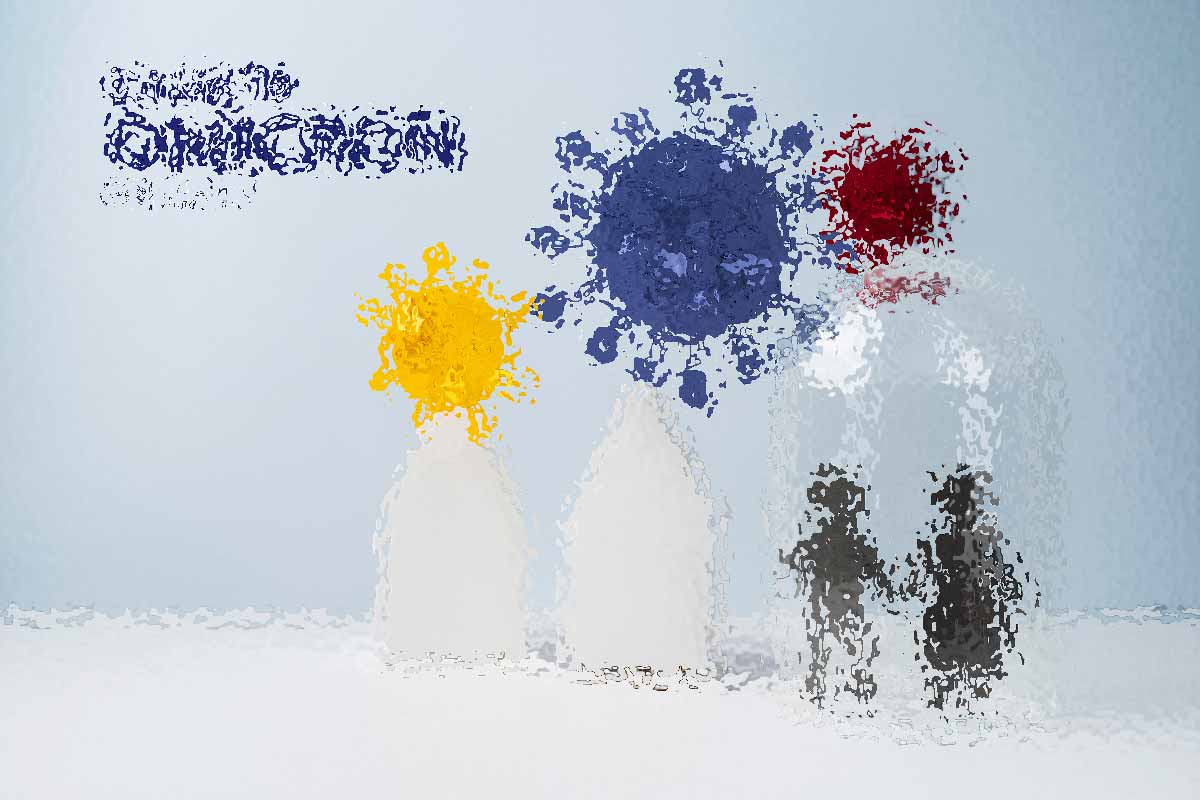

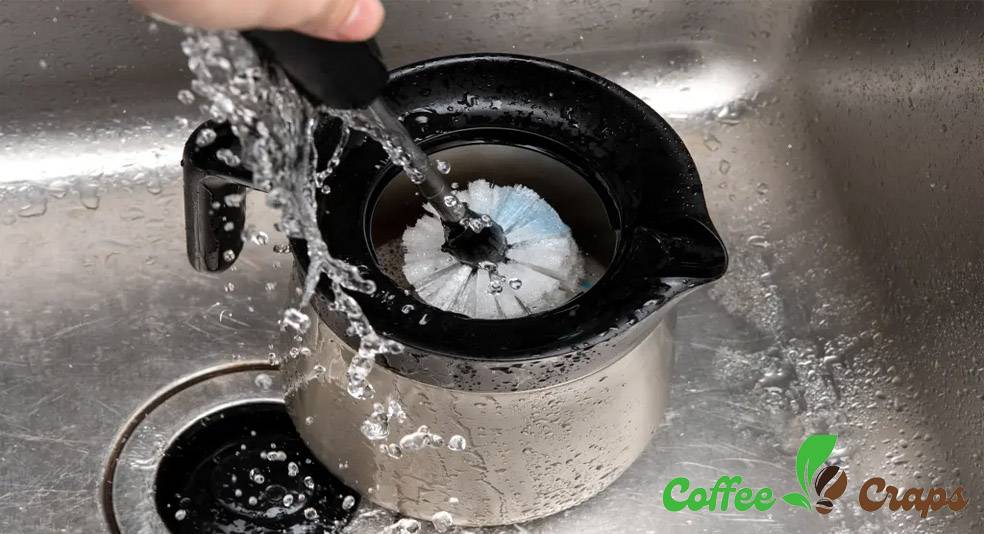
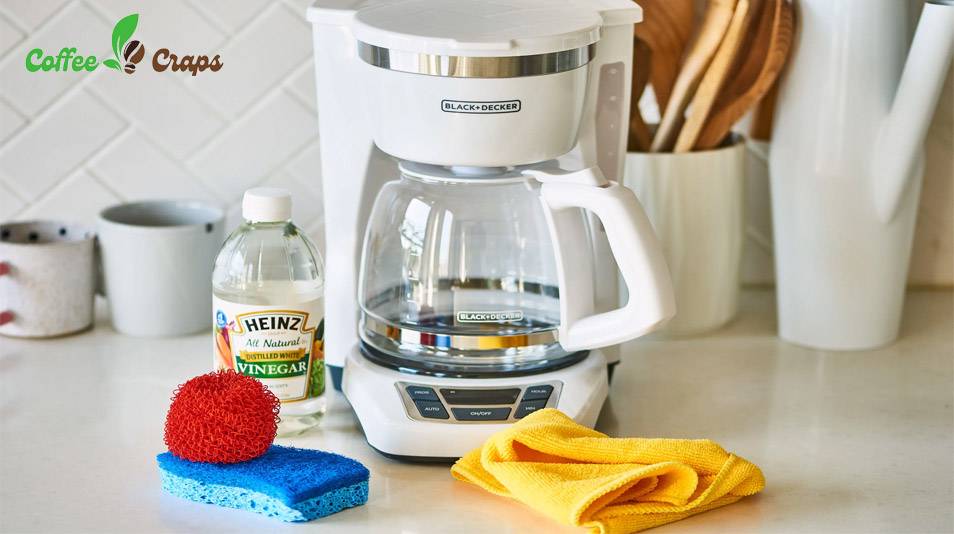
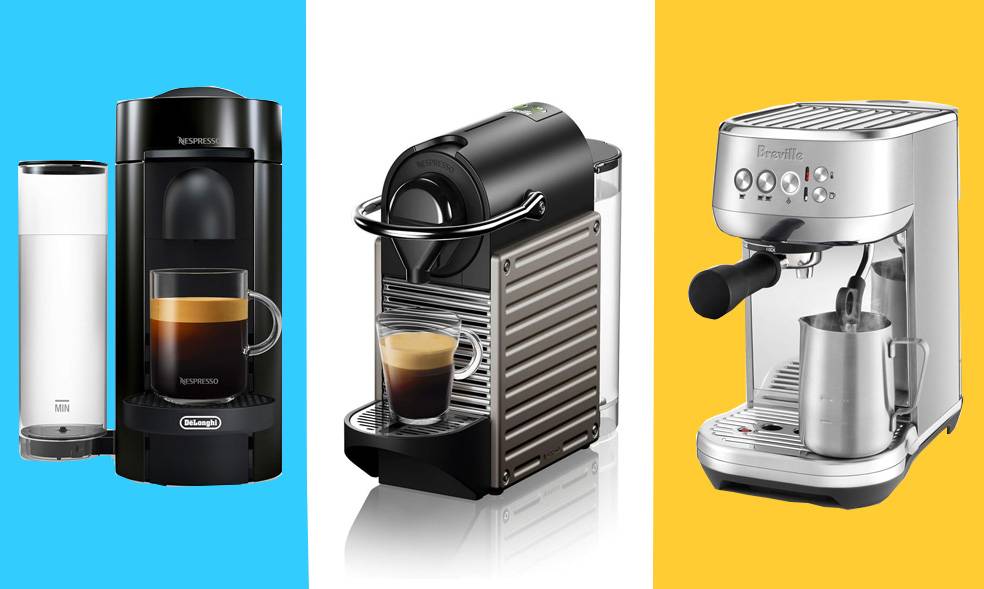



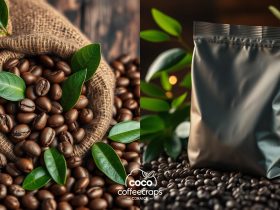
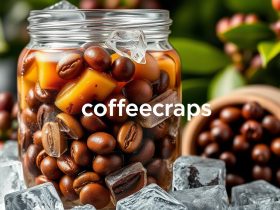

Leave a Reply